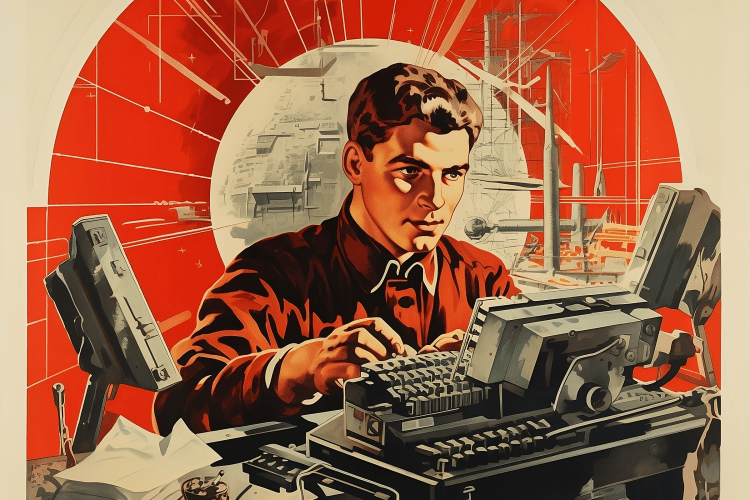Marc Andreessen, the co-founder of venture capital firm Andreessen Horowitz, recently shared his powerful perspective on technology and capitalism in a blog post titled “The Techno-Optimist Manifesto.” Andreessen, who played a key role in shaping the internet, passionately argues that technology is not the problem but the solution to many of society’s challenges. Despite concerns about the impact of rapid technological advancements, particularly in the field of AI, Andreessen believes that technological progress, fueled by free markets, will ultimately lead to a better world.
“We are being lied to. We are told that technology takes our jobs, reduces our wages, increases inequality, threatens our health, ruins the environment, degrades our society, corrupts our children, impairs our humanity, threatens our future, and is ever on the verge of ruining everything.” – Marc Andreessen
While Andreessen’s optimism about technology’s ability to solve material problems is commendable, it is important to acknowledge that technological progress often introduces new challenges along with the solutions it provides. For instance, the internal combustion engine revolutionized transportation but also contributed to climate change. The internet, while connecting us in unprecedented ways, has also brought about issues like cybercrime and privacy concerns.
The Question of Accessibility
One critical topic that the manifesto fails to address is accessibility. Who benefits from technology, and who is left behind? The digital divide, both within and between nations, remains a significant hurdle on the path to Andreessen’s utopian vision. Access to technology is not equally distributed, which poses a major challenge to achieving a better society for all.
The Ideological Underpinnings
Towards the end of the post, Andreessen takes an unexpected turn by criticizing concepts like sustainability, social responsibility, and safety. He sees them as part of a “mass demoralization campaign” against progress and even singles out “trust and safety” and “tech ethics” teams as enemies. Critics question the origins of Andreessen’s quotes, suggesting they reflect a troubling ideological foundation behind the Manifesto.
“Tech ethics and ‘trust and safety’ – those are, like, GDP-destroying. Those are total nonsense from beginning to end. We’re now into the society-wide implementation of an ‘appeals to authority’ argument. Google in the Spanish Inquisition and the Catholic Church are not in the same universe in terms of scale.” – Marc Andreessen
Some commentators have drawn attention to Andreessen’s venture capital firm’s recent involvement with military and defense contractor technology. Combined with his Manifesto’s rejection of “social responsibility” and “tech ethics,” this paints a picture of a firm prioritizing technological advancement over societal and ethical considerations.
Andreessen’s Manifesto also raises concerns about the convergence of socially reactionary politics with hyper-nationalism. Researchers suggest that these ideological tendencies may be reflected in his writing, sparking further discussions about the impact of such views within the tech industry.
“This is a dangerous way to put forward an acceptability of a certain type of charismatic leader, which tends to be a form of politics that is a really bad direction.” – Becca Lewis, Researcher at Stanford
While Andreessen has always been a polarizing figure due to his strong beliefs on technology and capitalism, publishing an explicit enemies list represents a significant escalation that surprised many in Silicon Valley. However, his Techno-Optimist Manifesto sheds light on a prevailing strain of techno-utopianism that continues to influence discussions on AI safety and governance.
The debate between those who view technology as inherently good and regulation as inherently bad and those who advocate for caution and accountability remains a contentious issue. As technology continues to reshape society, the tension between openness and oversight, risk and responsibility, shows no signs of disappearing. Andreessen’s Manifesto has brought these longstanding tensions to the forefront, forcing Silicon Valley to confront crucial questions about its vision for the future.










